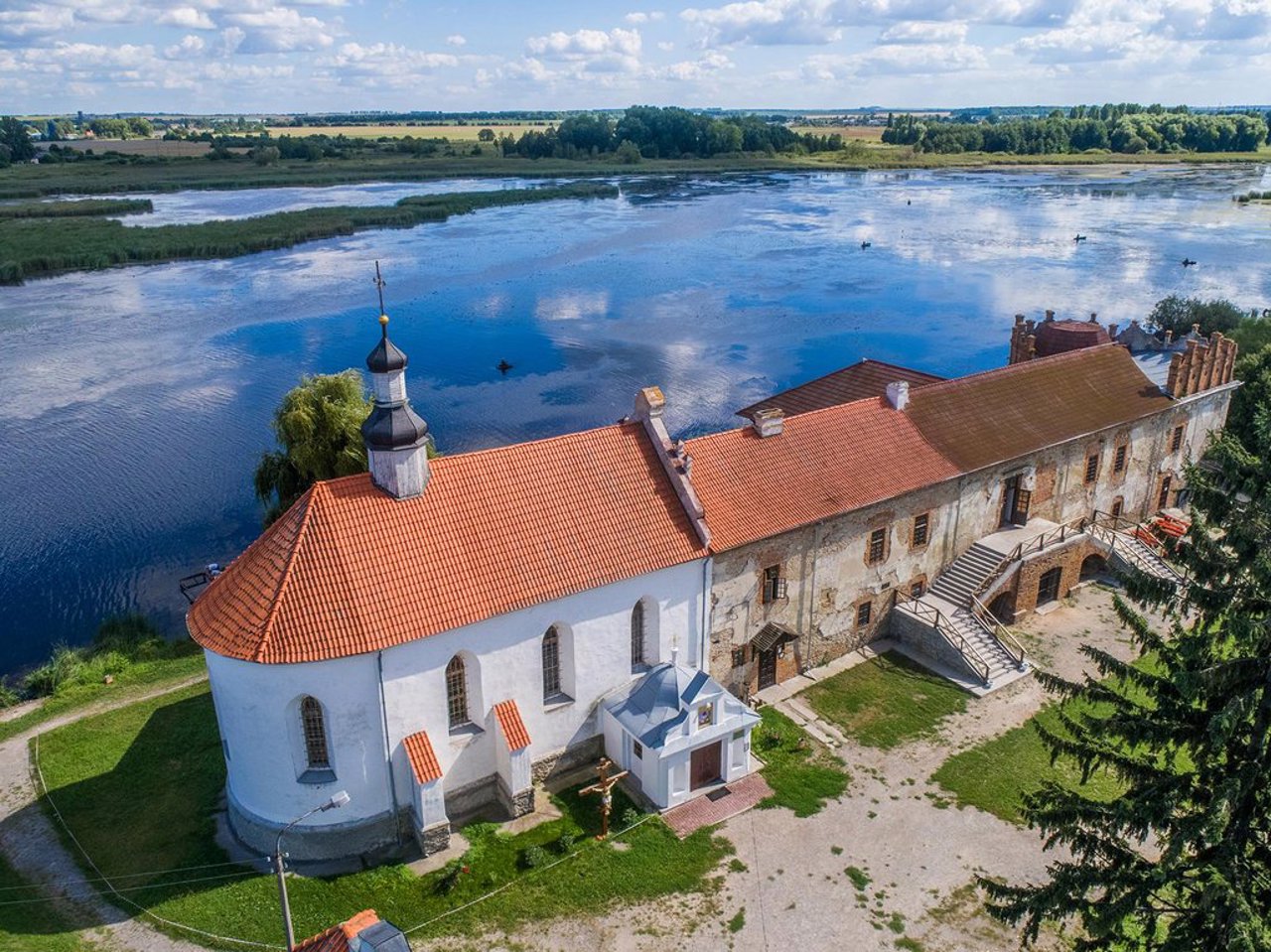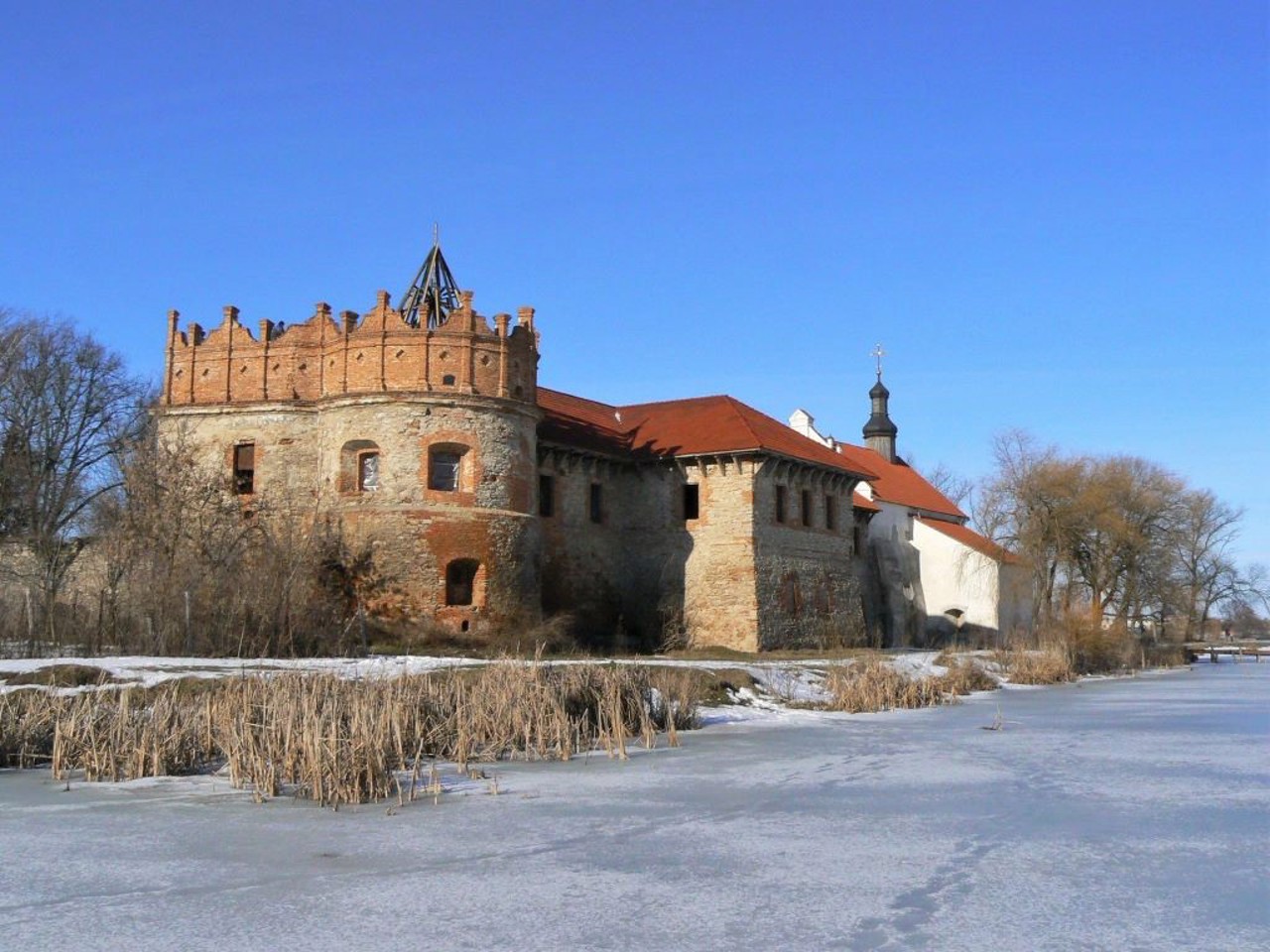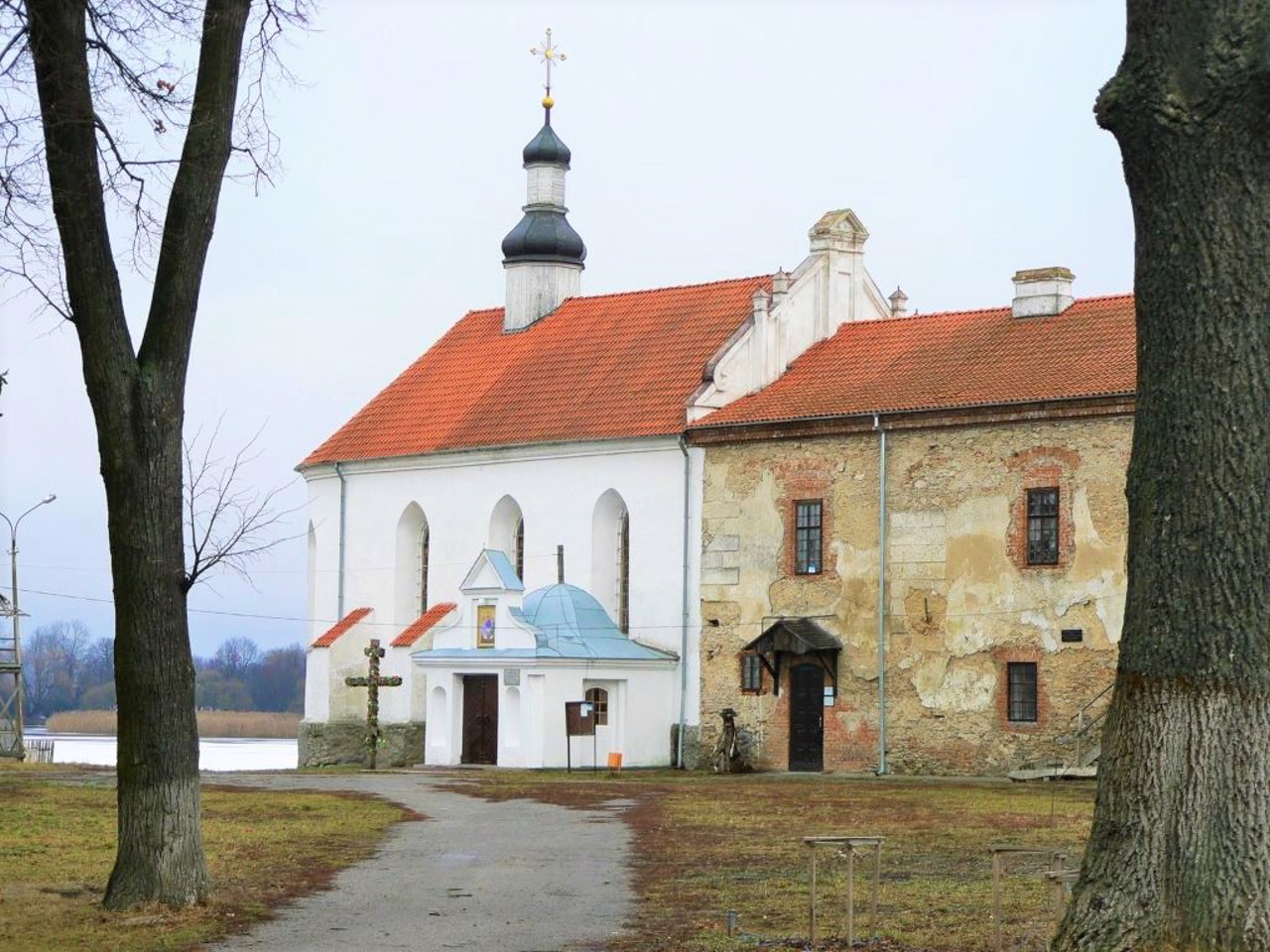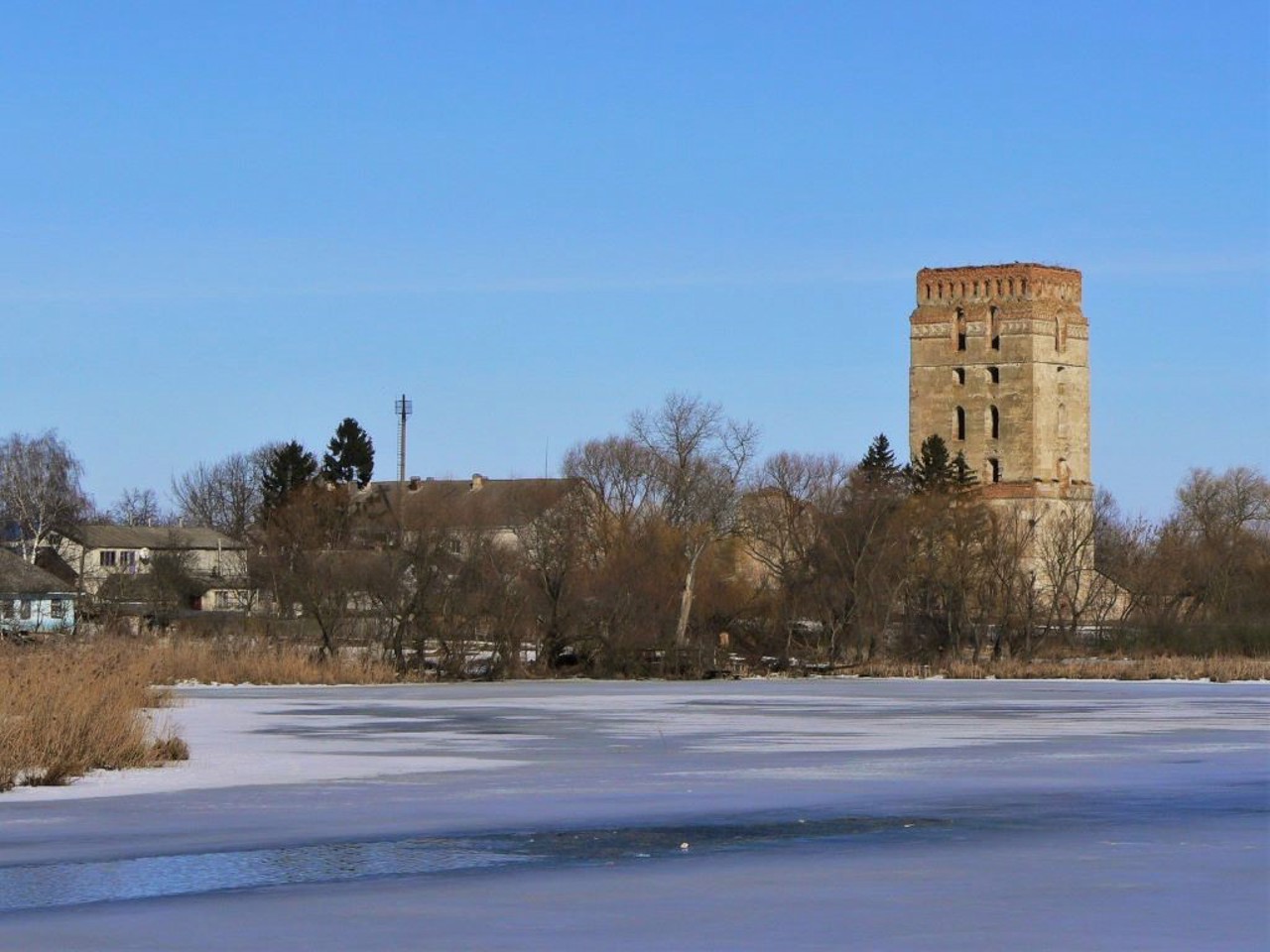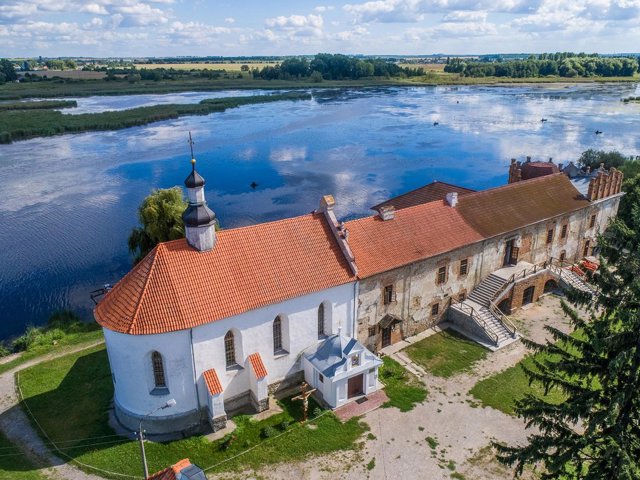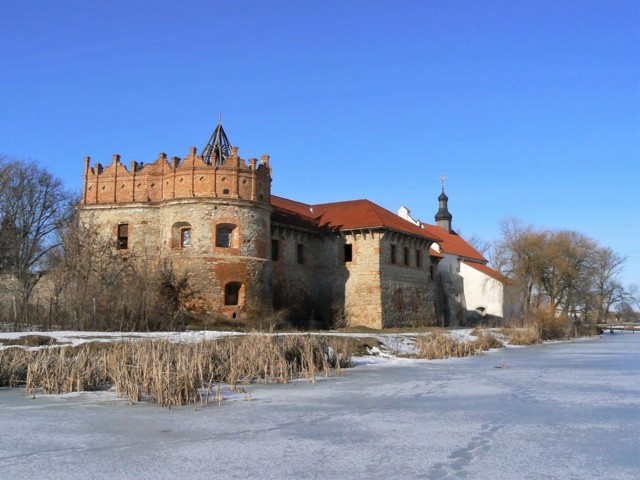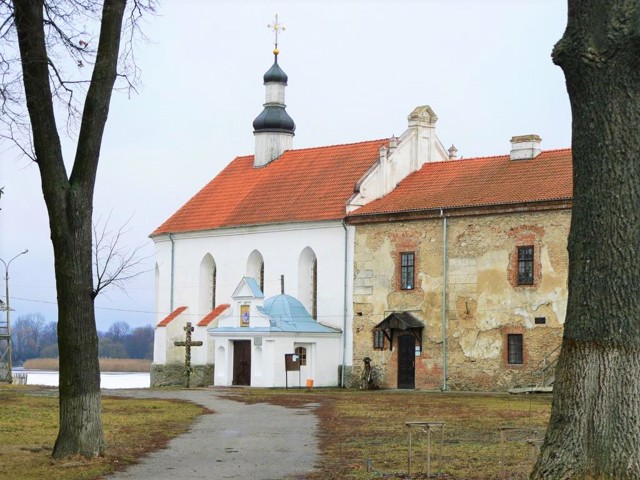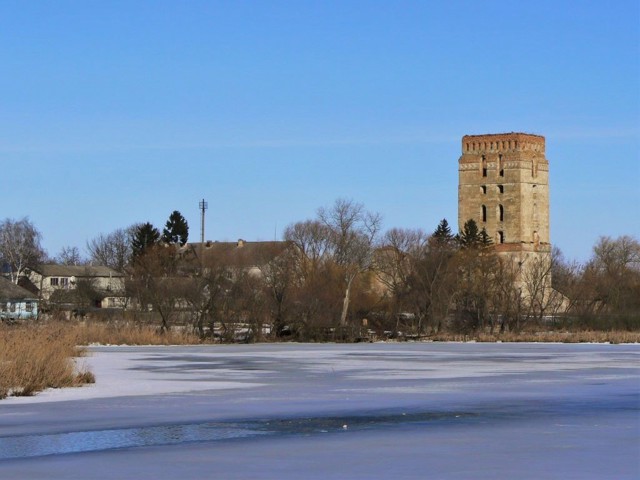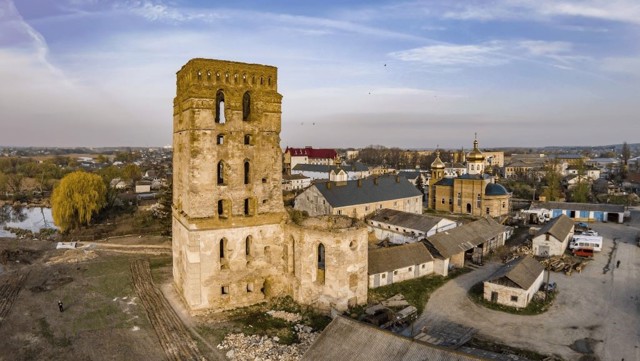Functional temporarily unavailable
Starokostiantyniv
Travel guide online Starokostiantyniv
General information about Starokostiantyniv
The ancient city of Starokostiantyniv is located on the highway N-03 "Zhytomyr - Khmelnytskyi".
In the 16th century, here, on the site of the Slavic settlement of Kobud, there was the village of Kolishchenets of the landowner Ivan Labunskyi. In 1561, Prince Vasyl-Kostyantyn Ostrozkyi received royal privileges to found a city at the confluence of the Ikopot River with the Sluch River and built a well-fortified castle that controlled the "Black Way" of Tatar raids on Poland. In honor of the founder, the city was named Kostyantyniv, and at the beginning of the 17th century, after the foundation of New Kostiantyniv, the city received its current name - Starokostiantyniv.
Since 1575, the Starokostiantyniv Castle has never been taken by storm, but it has only p ...
The ancient city of Starokostiantyniv is located on the highway N-03 "Zhytomyr - Khmelnytskyi".
In the 16th century, here, on the site of the Slavic settlement of Kobud, there was the village of Kolishchenets of the landowner Ivan Labunskyi. In 1561, Prince Vasyl-Kostyantyn Ostrozkyi received royal privileges to found a city at the confluence of the Ikopot River with the Sluch River and built a well-fortified castle that controlled the "Black Way" of Tatar raids on Poland. In honor of the founder, the city was named Kostyantyniv, and at the beginning of the 17th century, after the foundation of New Kostiantyniv, the city received its current name - Starokostiantyniv.
Since 1575, the Starokostiantyniv Castle has never been taken by storm, but it has only partially survived to this day. The complex includes: a palace with a defensive tower (under restoration) and a castle church (restored), a bell tower, an entrance gate, ancient cellars.
The symbol of the city is a dilapidated defense tower (XVI century), which was part of the system of city fortifications, later transformed into the bell tower of the church of the Dominican monastery (XVII century). The church of John the Baptist (1754) and the mill building (1905) have also been preserved. Original metal sculptures on the embankment attract attention.
Стародавнє місто Старокостянтинів розташоване на трасі Н-03 "Житомир - Хмельницький".
В XVI сторіччі тут, на місці слов'янського поселення Кобуд, існувало село Коліщенець поміщика Івана Лабунського. У 1561 році князь Василь-Костянтин Острозький отримав королівські привілеї на заснування міста при впадінні річки Ікопоть в річку Случ і побудував добре укріплений замок, який контролював "Чорний шлях" татарських набігів на Польщу. На честь засновника місто було назване Костянтинівом, а на початку XVII століття, після заснування Нового Костянтиніва, місто отримало нинішню назву - Старокостянтинів.
З 1575 року Старокостянтинівський замок жодного разу не був узятий приступом, але до наших днів зберігся лише частково. У складі комплексу: палац з оборонною веж ...
Стародавнє місто Старокостянтинів розташоване на трасі Н-03 "Житомир - Хмельницький".
В XVI сторіччі тут, на місці слов'янського поселення Кобуд, існувало село Коліщенець поміщика Івана Лабунського. У 1561 році князь Василь-Костянтин Острозький отримав королівські привілеї на заснування міста при впадінні річки Ікопоть в річку Случ і побудував добре укріплений замок, який контролював "Чорний шлях" татарських набігів на Польщу. На честь засновника місто було назване Костянтинівом, а на початку XVII століття, після заснування Нового Костянтиніва, місто отримало нинішню назву - Старокостянтинів.
З 1575 року Старокостянтинівський замок жодного разу не був узятий приступом, але до наших днів зберігся лише частково. У складі комплексу: палац з оборонною вежею (реставруються) та замкової церквою (відреставрована), дзвіниця, в'їзна брама, старовинні підвали.
Символом міста є напівзруйнована оборонна вежа (XVI сторіччя), що входила в систему міських укріплень, пізніше перетворена в дзвіницю костелу домініканського монастиря (XVII століття). Також зберігся костел Іоанна Хрестителя (1754 рік), будівля млина (1905 рік). Привертають увагу оригінальні металеві скульптури на набережній.
Сплануй своє перебування у Starokostiantyniv
What to see and where to go in Starokostiantyniv
Tourist attractions and museums of Starokostiantyniv
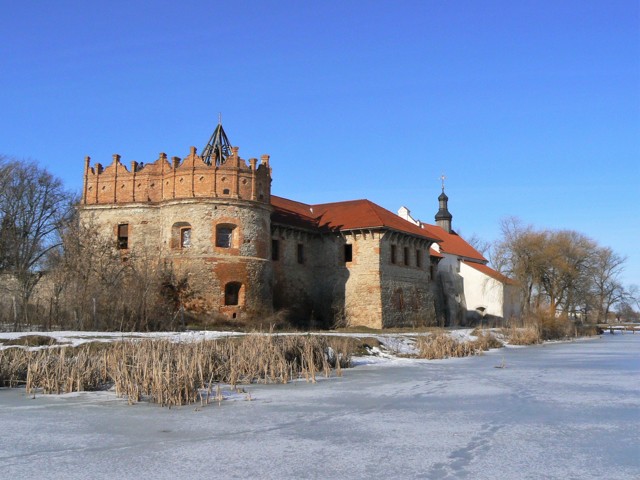
Starokostiantyniv Princes Ostrozky Castle
Castle / fortress , Architecture , Museum / gallery
The picturesque Starokostiantyniv Castle at the confluence of the Ikopot River with the Sluch was built in 1561 by Volyn Prince Vasyl-Kostyantyn Ostrozky to protect the region from the Tatars (the "Black Path" of Tatar raids passed here).
For some time, the castle served as the main princely residence of Ostrozky. Since 1575, the castle has never been attacked. In particular, in 1618, he withstood the siege of the 30,000-strong Tatar horde.
The castle was surrounded by a defensive rampart, it was separated from the land by a moat connecting the channels of two rivers. The walls were fortified with five towers designed in the Renaissance style. There was an eight-story wooden watchtower-pyramid on the territory.
The semicircular donjon tower, the princely palace, the house church, the lower tier of the gate tower, and fragments of the walls have been preserved. Under the palace there are cellars with wells-chambers leading to the river.
The castle church of the Holy Trinity, which performed defensive functions, has been restored (belongs to the Orthodox Church of Ukraine). Part of the frescoes of the 16th century have been preserved inside, in particular the original coat of arms of Prince Vasyl-Kostyantyn Ostrozky: an eight-pointed star surrounded by a crescent moon.
Archaeological excavations and restoration work are underway on the rest of the complex.
The historical and cultural center-museum "Old Kostiantyniv" was created on the basis of the castle of Princes Ostrozky. Excursions are conducted, additional services can be ordered.
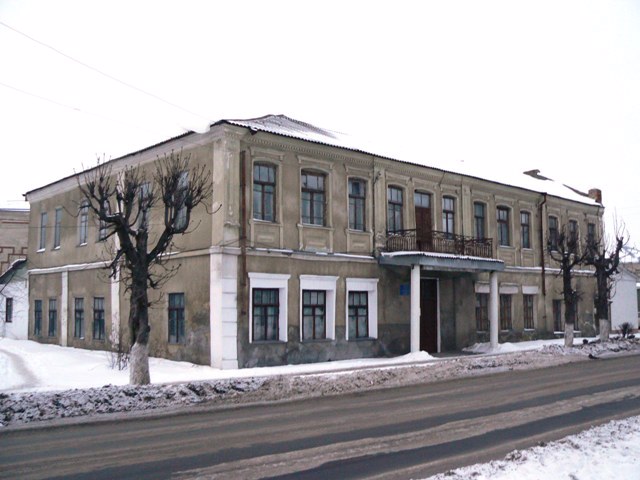
Starokostiantyniv Historical and Local Lore Museum
Museum / gallery
Starokostiantyniv Museum of Local History presents an exposition dedicated to all stages of the city's development.
The museum is located in a two-story building of the XIX century, which until 1917 housed the gendarmerie, then Starokostiantyniv Revolutionary Committee, the headquarters of the Bohunsky Regiment of the First Ukrainian Red Division and other bodies.
The museum`s exposition presents more than 5 thousand exhibits.
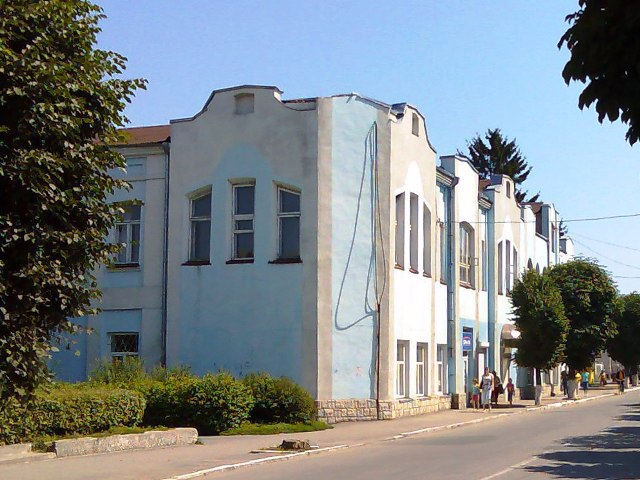
Art Nouveau style Building
Architecture
The Art Nouveau building, which currently houses various administrative organizations and shops, was built in Starokostiantyniv in the middle of the 19th century.
The modern two-story volume of the building is composed of several separate buildings placed close to each other, forming a single building - a square with an inner courtyard.
In 1917-1919, the headquarters of various military formations fighting in the district, in particular the Bohun Brigade of the Shchors Division, were located here at various times.
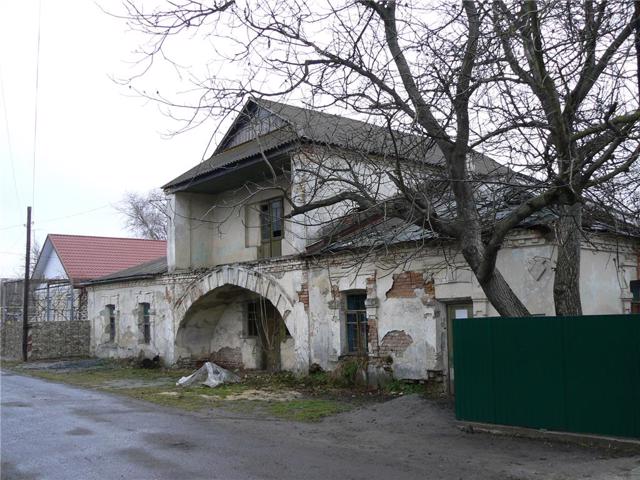
Inn Yard
Architecture
The neglected building of the inn yard (korchma) is located in the central historical district of Starokostiantyniv, between the castle and the watchtower.
The main architectural accent of the two-story house in the style of early classicism (end of the 18th - beginning of the 19th century) is a wide, massive arch. The strictness and restraint of the design of the facades of the building is somewhat disturbed by the active plastic decoration of the window openings. The use of small decorative elements (diamond-shaped overlays and niches, multi-shaped protrusions) is characteristic of provincial architecture.
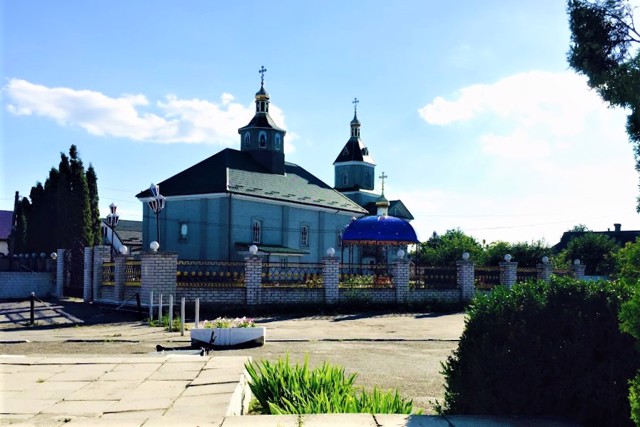
Nativity of Holy Virgin Church
Temple , Architecture
The Church of the Nativity of the Holy Virgin was built in Starokostiantyniv in 1807 on the site of a wooden Orthodox church known since 1687.
This is the only cult building of the era of mature classicism that has survived in the city.
During Soviet times, the Church of the Nativity of the Virgin was the only active one in Starokostiantyniv.
Reviews Starokostiantyniv
Geographical information about Starokostiantyniv
| {{itemKey}} | {{itemValue}} |
|---|---|
| Region |
Khmelnytskyi |
